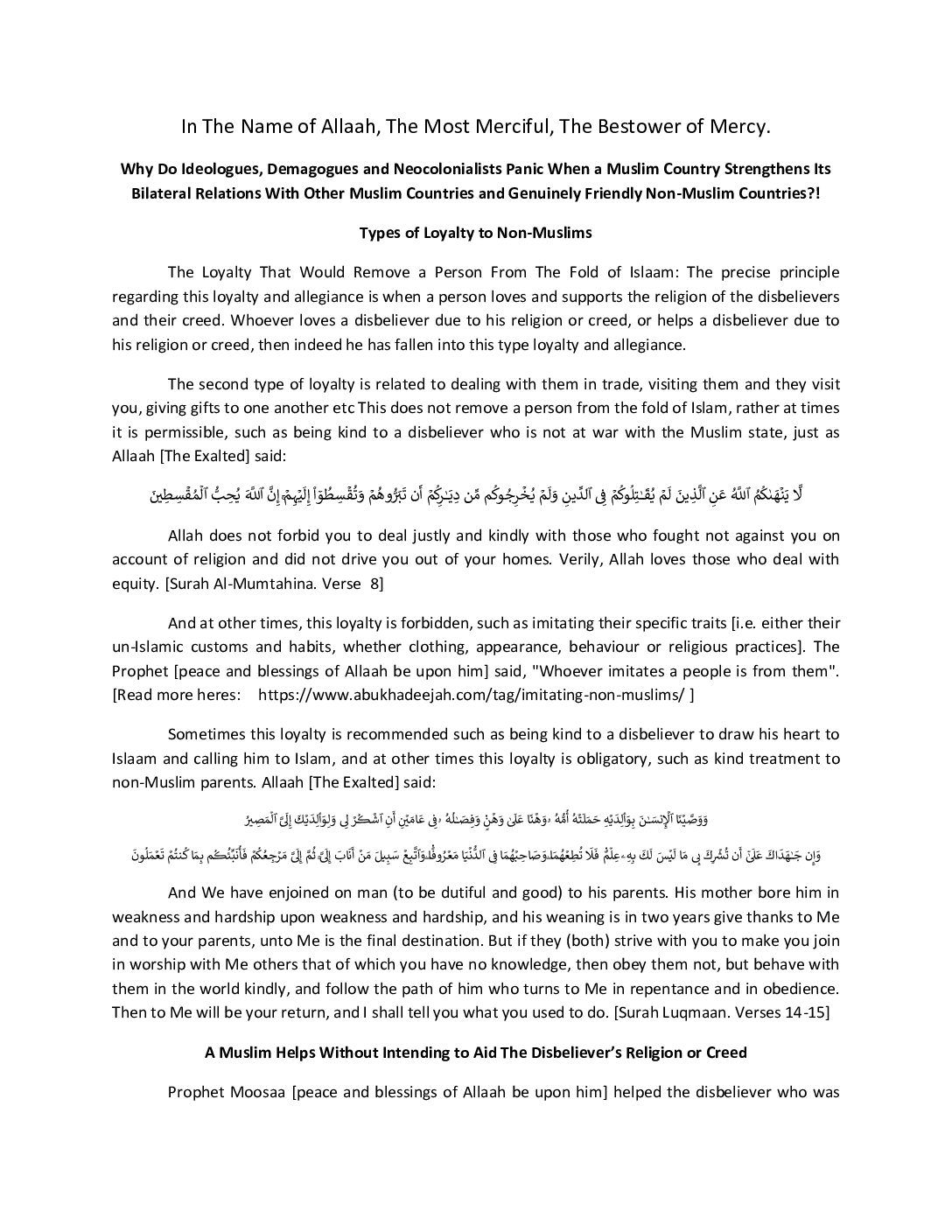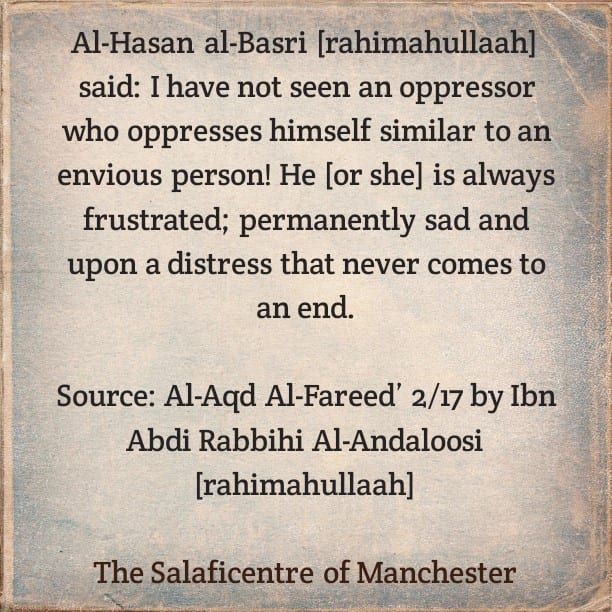Refutation of a Widespread and Public Error is an Obligation – Shaykh Abdullah Bukhari
I am informing you of an important matter, and that is refutation against a mistake – the one that is apparent, widespread and well known – is a communal obligation in order to protect truth and as sincere advice for the common folk of the Ummah. It is indeed possible that the one refuted is one of the virtuous (people) of Ahlus Sunnah, however clarification of the truth with proofs is emphasised and obligated on the one who is able. It is obligated on the refuter to understand and gives concern to the sunnah in his refutation. Imam as-Sijzee (Allah’s Mercy be upon him) (1) said,
“So let the intent of the one who speaks concerning the Sunnah, be to follow it (the Sunnah) and to accept it, not (that his intent is) to win over one’s opponents. For that way (if his intent is to follow and accept the Sunnah), he will be aided through that to overcome them. As for if he wants to merely overcome (his opponents) it’s possible he is overcome.”
Shaykul Islam ibn Taymiyyah (Allah’s Mercy be upon him) said (2),
“Refutation against the people of falsehood cannot be comprehensive except when it is in agreement with the (authentic) Sunnah from every angle. And if not, the one who conforms to the (authentic) Sunnah in a particular angle and opposes it from another angle, then those arguing against him will strive (to gain something) from that angle in which he opposed the (authentic) Sunnah, and they will use it as evidence to prove what is in agreement with what they are upon (of falsehood) from those arguments that are in opposition to the (authentic) Sunnah. Indeed the common people have contemplated about what the people of falsehood used as evidence (in comparison) to those who are closer to the truth than them, so they find that the evidences of falsehood are stronger due to that which he (refuter against falsehood) left from the truth, that which Allah sent with his Messenger and revealed in His Book, so it occurs that what he left from the truth was from the greatest nullifying proof against them…”
It is Allah I ask for His favour and generosity and that He makes us from the callers to truth and its helpers, indeed he is the All Hearing, The One who Answers the Supplications. May the Peace and Blessings of Allah be upon our Prophet Muhammad, his family and his companions.
[تنبيه: أصل هذا المقال تعليق للشيخ على موضوع نشر في شبكة سحاب السلفية بعنوان: (تنبيه الصائل بأن الرجوع إلى الحق خيرٌ من التمادي في الباطل)]
(1) Ar-Radd ‘ala Ankara al-Harf was Sawt pg. 235
(2) Daru Ta’arud al-Aql wan Naql v6. pgs.210-211




